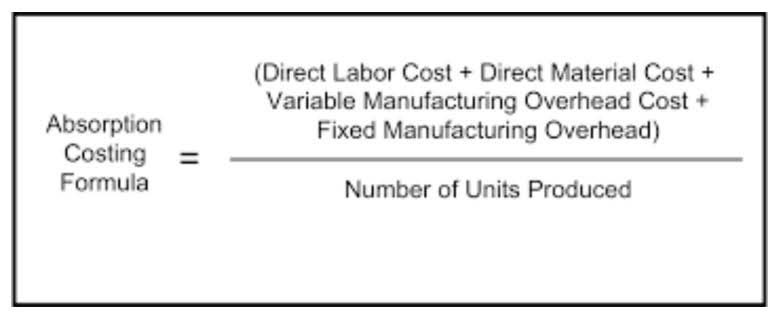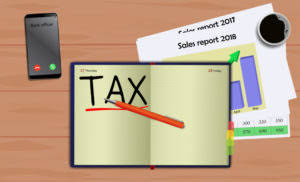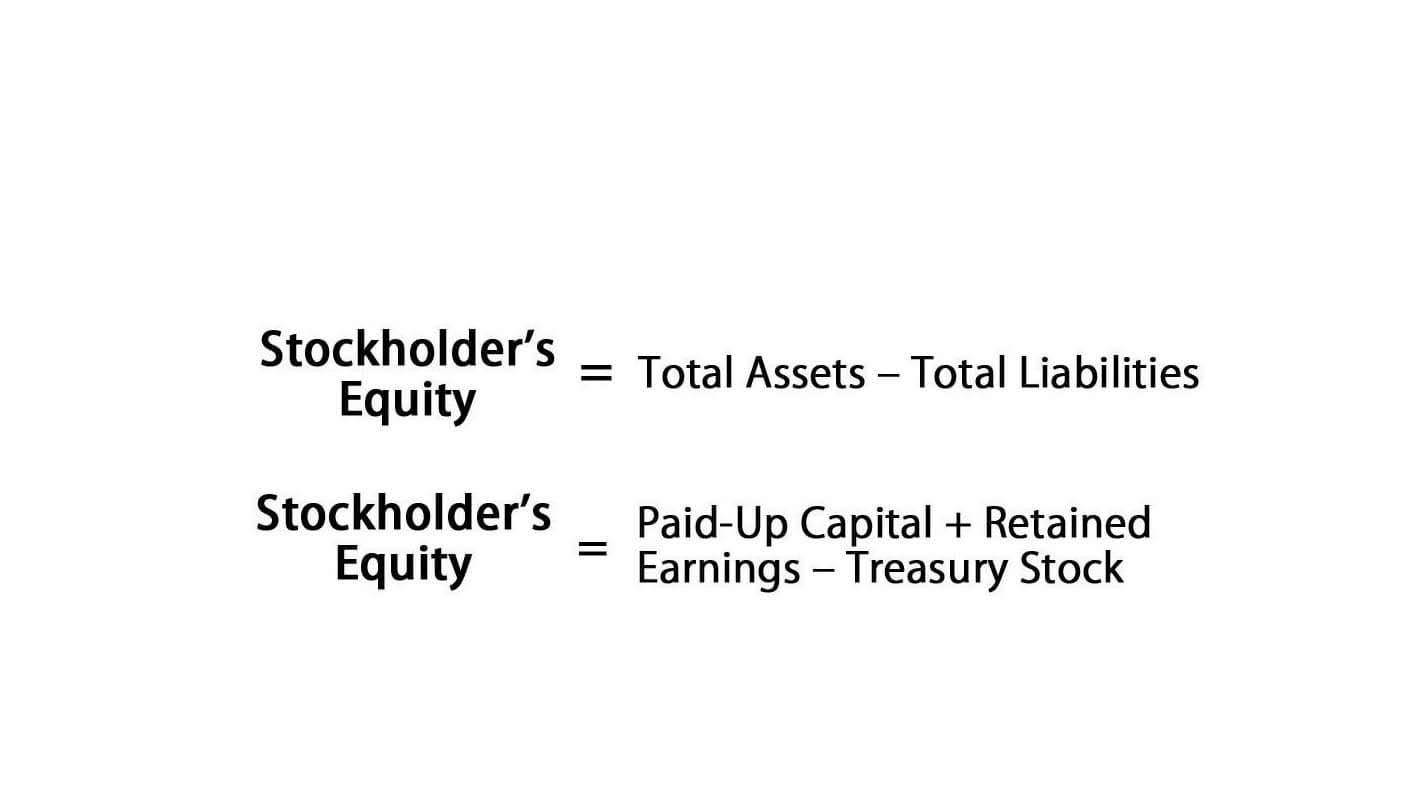
Here’s how this transaction would look for cash basis and accrual basis accounting. For example, corporations other than S-corps must use accrual basis accounting if they averaged over $25 million in gross receipts over the past three years. Certain corporations and tax shelters – including those that make sales on credit – are also prohibited from using cash accounting.
Easy to understand

For business owners, comparative analysis (to project future earnings and identify trends) can be difficult with cash-basis accounting because of scenarios like this. The cash basis of accounting is easier to understand than other accounting examples of companies that use cash basis accounting methods because it focuses on cash transactions only. If you’re not paying employees and don’t want to be tasked with tracking accounts payable and accounts receivable balances, the cash accounting method may be for you.
- There’s no match of revenue against expenses in a fixed accounting period, so comparisons of previous periods aren’t possible.
- They can track their financial transactions based on cash inflows and outflows without the need to track accounts receivable or payable.
- Cash accounting works well for many small businesses; however, if there is a concern over the health of the business and crucial details apart from cash flow, you should opt for a different accounting method.
- This article explores how cash and accrual accounting work, their benefits and disadvantages, the best software tools for each option and which accounting method works best for what types of businesses.
- Cash basis accounting is an accounting method that records and tracks financial information by the actual flow of cash in and out of a business.
How cash basis accounting violates GAAP
- The cash basisof accounting recognizes revenues when cash is receivedand recognizes expenses when cash is paid out.
- In general, cash accounting is best for small businesses and businesses that do not carry inventory as part of their operations.
- Because income and expenses are recorded at different times if a business is using cash or accrual accounting, this also impacts when businesses incur tax liability (or benefit) as a result of these transactions.
- The Tax Reform Act of 1986 prohibits the cash basis accounting method from being used for C corporations, tax shelters, certain types of trusts, and partnerships that have C Corporation partners.
- An example of cash basis accounting would be a small retail store that purchases products from a supplier.
Additionally, cash-basis accounting can make obtaining financing more difficult due to its high probability of inaccuracies. Cash basis accounting is suitable for small businesses with simple transactions and few accounts receivable and payable. However, it may not be the best choice for larger businesses or those with more complex financial transactions. Cash basis accounting is usually unsuitable for businesses looking to secure financing or manage investments, as lenders and investors prefer to see accrual-based records. Your business size can be the determining factor in deciding which accounting method to use. Sole proprietors and freelancers almost always decide in favor of the cash basis because it’s simple and more accurately tracks cash flow.
Which to Use? Cash vs. Accrual Basis Accounting
If accrual accounting is not required by some third party, companies are free to select either method. Some use a combination of the two, employing the accrual method for sales and purchases of inventory and cash for other income and expenses. Under the matching principle of accrual accounting, expenses would be reflected in the period that best matches the revenue they help create, rather than simply when the cash is paid. When it comes to payroll, each pay period’s expenses would be accrued during the period in which they were incurred – so, you’d record the costs of paying workers as they do the work, rather than when paychecks are distributed. Many businesses prefer cash-basis accounting for taxes because it can make it easier to maintain enough cash to pay taxes. However, the accrual system may be better for complete accuracy regarding yearly revenue.
- Expenses are recorded at the time they are paid, regardless of when the financial commitment was made.
- Businesses that start off using one accounting method and decide to change later can do so by filing IRS Form 3115 and getting approval from the IRS to change their accounting method (if they qualify).
- With cash basis accounting, income and expenses are recognized only when payments are made.
- The cash basis of accounting is easier to understand than other accounting methods because it focuses on cash transactions only.
While this may not seem like a major difference, the example shows how different these two methods can be, and how they can affect your business. One plus for small businesses using the cash basis accounting method is that you will not need to pay taxes on any revenue until it’s received, which can help cash flow tremendously, particularly for businesses just starting out. With cash basis accounting, your expenses are only recognized when the payments are made out. So, if you’ve received goods or services, like inventory for your shop or a month of rent—but haven’t paid for them yet—the expense wouldn’t be recorded until you have. As a business owner, all you have to do is track money as it moves in and out of your business bank account. Cash basis accounting is an accounting system in which you record revenue or expenses when cash is received or paid.

Cash Flow Statement
Accounting Principles: Basic Definitions, Why They’re Important – NerdWallet
Accounting Principles: Basic Definitions, Why They’re Important.
Posted: Thu, 06 Jul 2023 07:00:00 GMT [source]
Why your business might use cash basis accounting

